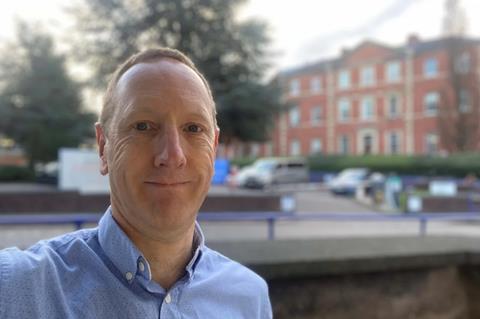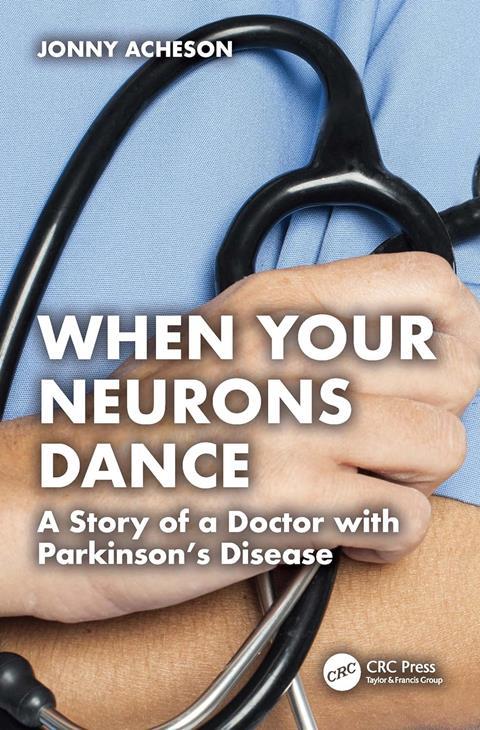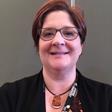Emergency medicine consultant Jonny Acheson was diagnosed with Parkinson’s disease at 41. His new book offers a candid, compassionate window into living with the condition - though it leaves questions about faith and spiritual care unanswered, says our reviewer

Jonny Acheson is an emergency medicine consultant in one of Leicester’s busiest departments.
At 41, he was diagnosed with Parkinson’s Disease (PD) – a life-altering moment that came almost a decade ago. When Your Neurons Dance (CRC Press) tells his story: how Parkinson’s tried to rob him of what he loved, and the lessons he has learned as he adapts to life with the disease.
This book offers a clear and honest window into Parkinson’s disease – its symptoms, its treatments, and the daily challenges of living with it. Acheson emphasises that Parkinson’s is not simply a disabling condition but one that can prompt life-shaping decisions about care. He identifies three key ways to help patients manage PD: educate, empower, and equip. This book is one such tool – a practical, compassionate resource for anyone newly diagnosed or supporting someone who is. It isn’t a medical textbook, but a deeply personal account of one man’s experience of living with PD and the profound impact it has had on him and his family.
He opens the book by recounting the moment he and his wife Heather sat in the neurology outpatients’ department of the very hospital where he worked. Strategically choosing his seat so as not to be recognised by colleagues, he waited to be called. When the examination was finished, the consultant said: “Jonny, it is likely that you have idiopathic Parkinson’s disease.” Although he knew Parkinson’s was a possibility, he hadn’t expected to hear those words. The diagnosis was seismic. He took four weeks off work, and with the support of family and friends, began the slow, painful work of reconstructing his life.
Acheson writes candidly about the changes he made to his life – in a style that is both beautiful and alluring, holding your attention throughout. Although he approached Parkinson’s with the insight of a medical practitioner, he soon discovered how limited that knowledge was when faced with its impact on every part of his life. Early on, the diagnosis felt all-consuming. Gradually, however, he began to find ways of adapting – learning new skills, rebuilding muscle memory, and confronting the small but painful losses the disease brings.

One of the most poignant sections, “More Symptoms”, charts his difficult decision about work: whether to continue in the emergency department or maintain his teaching role at the medical school. After careful discussion with his wife, he chose the former and stepped back from his post as Associate Professor. It is in moments like this that the book captures the quiet, cumulative toll of Parkinson’s on identity, confidence and daily relationships.
Yet Acheson is clear that Parkinson’s does not strip life of meaning. His reflections underline how varied the condition is from person to person, and how no textbook can fully convey what it means to live with it. His honesty gives the book both its weight and its hope.
What the book doesn’t explore, however, is the impact on a person’s spiritual life. Holistic care must always include attention to someone’s spiritual wellbeing. Jonny hints at this when he mentions his father relying on the serenity prayer during recovery from alcohol addiction, but it left me wondering: does Jonny have a faith of his own, and has it shaped the way he copes?
Ultimately, this is a helpful book for anyone coping with Parkinson’s disease. It’s written in an easy-to-read style, and Jonny’s story grips you as you journey with him. What the book is not, however, is a work of explicitly Christian content. It does, however, offer hope – showing that people can learn to live with this condition and still build meaningful lives.






































No comments yet